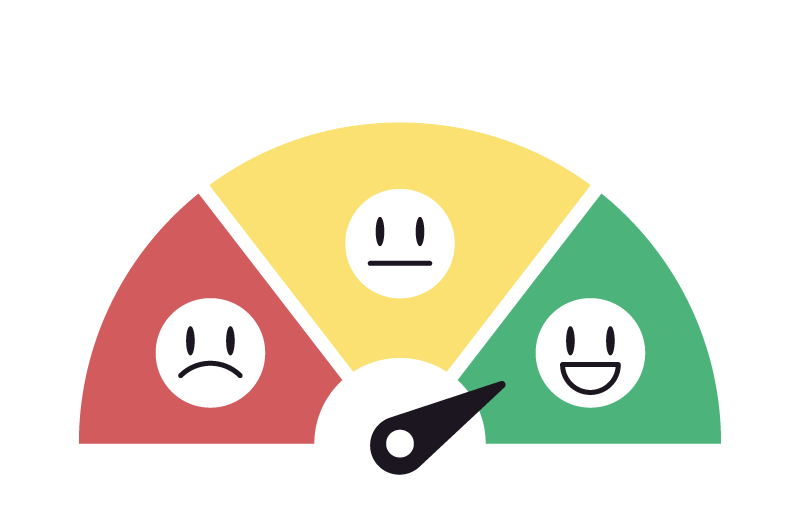Man-made and grounded in the satisfaction of human wants, the economy can be created and changed as the society fits. This is the root of the experience economy, a forward-looking economy which has succeeded the agrarian, industrial, and service economy. With the advent of the experience economy, the economic value attached to commodities, goods and services has, over the years, culminated in the peak consumption of experiences. Experiences, as economic output, are conceived of as a memorable events which are personalized, engaging, and memorable, as promulgated by Pine and Gilmore, authors of The Experience Economy, a book that set the course of the experiential evolution. This explains the recent transition in the nature of demand, such that customers do not just want products and services as they come. They crave thrilling, happy experiences, not exclusive to niche sectors or industries, but as intrinsic and mandatory across the entire consumer market.
Africa’s consumer market brims with potential. Over the decade, it has grown at a compound annual rate of 3.9%, as reported by Brookings. In the wake of an efficient enactment of the Continental Free Trade Area (CFTA) which can facilitate intra-African trade, encourage mobility of businesses and persons, boost domestic economies and spur Africa’s economic growth, the consumer potential (and power) in Africa is set to soar even higher. This comes at a time when Africa’s working age population is growing at an annual rate of 2.7% and about 202 million households are expected to have discretionary income – derived through earnings above $5,000 -by 2025, according to a McKinsey Africa consumer sector report. Moreso, a vibrant age group – 16 to 34 – of income earners in Africa are expected to contribute to $400 billion in total consumption growth by 2025. This increase in purchasing power on the African continent, in line with the competitive business landscape in today’s globalized world, implies that consumers have more reason to demand for experiences – excellent ones – and nothing short of that, when they spend.
If, so far, the concept of experience as an economic output, has an exclusively luxurious ring to it, then it’s time to zoom into the spending habits of African consumers. World Bank data shows that excluding high income consumers, the final consumption expenditure of sub-Saharan Africans is 2017 was $1.364 trillion, and this constituted over 87% of the total consumer spending amount for sub-Saharan Africa. Spending on food, healthcare, transport and more, within both informal and highly-developed retail and distribution markets, both high income and lower income consumers have reached the purchasing point where they can – and rightly should – demand for experiences. The variety in demand according to income levels simply implies that the forms of experiences which businesses build for their customers should be wide and varied. They must also be contextual.
Every touchpoint between enterprises and customers holds great possibility for a wide spectrum of experiences – the good, the bad, the great, the deterring, the unforgettable, the memorable. The nature of these experiences will ultimately determine consumer loyalty, referrals, detraction and in effect, profitability of a business. Thus, to adapt to the experience economy, African enterprises need to be aware of key pillars upon which the experience economy is positioned to cater to the needs of the African consumer. These can serve as primary foundations for the spring of the experience economy in Africa. Three pillars are described below, comprising the need to know what customers want, the regard for the employee as the custodian of customer experience, as well as a cultural shift towards values of excellence and focus on humanity by enterprises.
The need for customer data
It is important to understand who customers are and know what they want to be able to deliver the solutions that suit them, prevent the problems that plague them and resolve any inconveniences that might dissuade them. Enterprise data collection can be done through surveys, image capture, registrations, mobile forms, which can be analyzed and visualized in order to identify, share and monitor insights about customers. All-in-one software solutions, with business integrations that allow for customized form creation, dispatch, analysis, secure storage and user role management have the potential to drive the level of customer awareness companies need to stay ahead in the experience economy. Not only do these boost customer awareness, they also reveal areas of improvement, unveil opportunities for expansion and provide foresight for businesses to predict future behavioural patterns of customers and take proactive action. Our RightCom XP enterprise data and +experience management platform includes an end-to-end software package with a range of products as RightSurvey for survey creation, multi-channel publishing and feedback aggregation, RightFlow for customer identification and emotion analysis, and RightData, for data analysis and visualization, all built into a customer experience suite with which enterprises can build, deliver and measure the experiences they provide their customers.
Employee Experience
A Forbes article tracing the link between employee experience and customer experience emphasized the truth that happy employees take better care of customers. The satisfaction and happiness an employee gets is the very ground on which they pass on great experiences to customers. Red-tapism, micro-management, bureaucratic bottlenecks, and non-tolerance of diversity are some major energy drainers for employees. A work space that does not boost creativity and productivity, and a work culture that leaves no room to celebrate employees, train them, or value their personal lives, likely breeds un-engaged, under-performing customers whose experiences create a ripple effect felt financially and culturally on the consumer’s end and as such, the business’ end. Therefore, it is high time employee experience became the first mandate, not an afterthought in corporate practice. A combination of non-technical and technical solutions can go a long way in boosting employee experience in Africa. Zooming into RightCom’s path as a forerunner of employee experience in Africa, our bastion is the empowerment of our employees – the RightTeam – to speak their mind and stay creative. This remains the bedrock of our organizational growth.
Regard for humanity and reach for excellence
The uniqueness of experiences as economic output lies in their intrinsic value, with or without the tangibility of sight and touch. Experiences stay within as memories which more than price and product, will drive loyalty and customer retention in the fast-moving experience economy. Africa is not excluded in this outlook. In fact, Africa, with a rapidly rising consumer purchasing power, is a fertile ground for the experience economy.
Away from the economic match of purchasing power and demand for experiences, we need to better inculcate the underlying cultural tenet of excellence and regard for humanity in Africa’s business landscape. To put the needs and desires of customers first, customers must be respected as humans and deserving. This is the root of localized offerings, the premise for holistic customer experience solutions – cultural, technological and physical – and our raison d’etre at RightCom. At the end of the day, the Experience economy is here to stay, and we, at RightCom, are making sure that Africa is not left behind. Request our product demos here.
Stay ahead in the experience economy! Sign up for our newsletter below.



